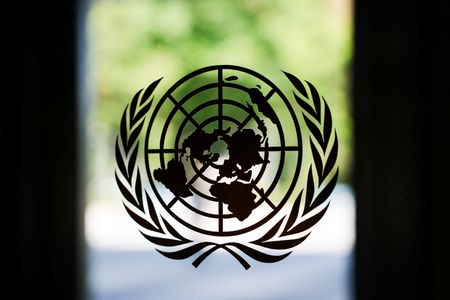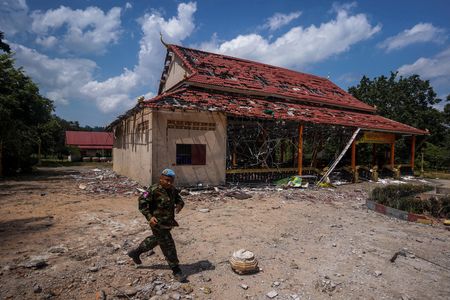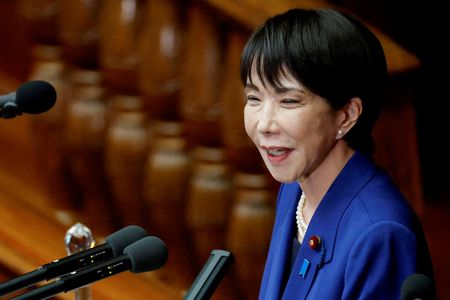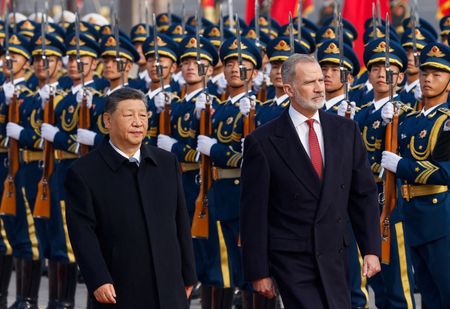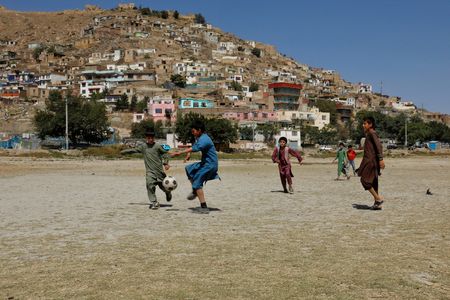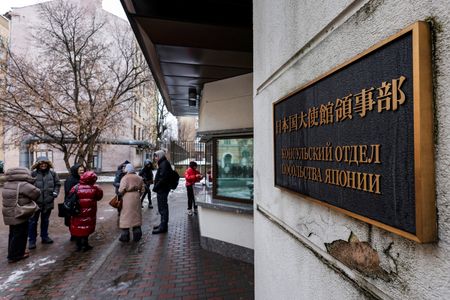By Ju-min Park
SEOUL (Reuters) -South Korea will co-sponsor an annual U.N. resolution that raises concerns over North Korea’s human rights situation, the foreign ministry said on Wednesday, defying some expectations that Seoul might withhold support to avoid irking Pyongyang.
North Korea has in the past denounced the resolution, and under a previous liberal administration, Seoul did not support it in a bid to improve ties with the North.
South Korea supported the human rights resolutions between 2008 and 2018, before opting not to back them between 2019 and 2022 under former President Moon Jae-in due to fears it could have a negative impact on inter-Korean relations.
Seoul rejoined as a co-sponsor in 2023 under conservative ex-President Yoon Suk Yeol.
Liberal leader Lee Jae Myung took office in June, pledging to restore dialogue with Pyongyang to ease tensions between the two countries, but North Korea has rebuffed his efforts so far.
In late October, rights organisations including Human Rights Watch sent an open letter to Lee urging him to “take a principled stance on North Korea’s grave human rights violations” with the co-sponsorship of the U.N. resolution.
“Our government believes that it is important to actually improve the human rights of North Koreans and will continue to cooperate with the international community to achieve this,” the ministry said in a statement.
“So we are participating as a co-sponsor this time for the North Korea human rights resolution,” it said.
North Korea has denied abuses, accusing the U.N. and foreign countries of trying to use human rights as a political weapon to attack the country, while depicting itself as a “socialist utopia”.
The overall human rights situation in North Korea has not improved over the past decade and in many cases has degraded, bringing even more suffering to the population, the U.N. Human Rights Office said in a report in September.
Political prison camps continue to operate, while freedom of expression and access to information have significantly weakened with severe new punishments including the death penalty, according to the report.
(Reporting by Ju-min Park; Editing by Ed Davies)

